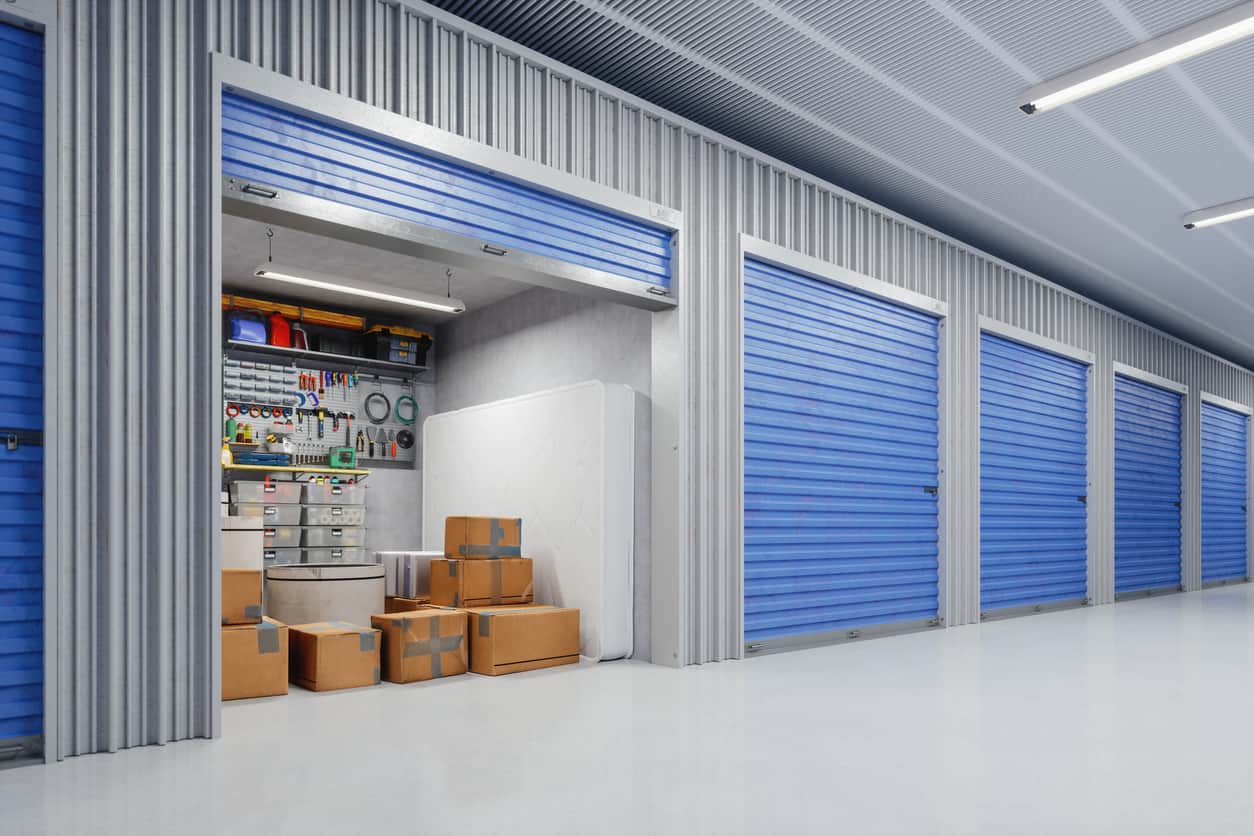There are number of reasons you would need to use self-storage. You could, for example, want to renovate your spare bedroom and need a place to store all the furniture. You could be moving in with your partner and both of you need to store surplus white and brown goods. You could be about to realise your dream to travel the world and you need a place to store your worldly possessions while you immerse yourself in different cultures. The trick is to optimise the space so you don’t pay for a larger room or container than you need.
If you’re a first-time self-storage user, we have some top tips to help you make the most of the space. We’ll also give you an overview of the types of storage available, so you don’t end up with damaged goods.
Here we go.
Know what you can store
There are certain items that you can’t store; for example, you can’t store paint, oil, and cleaning solvents, so you’ll have make other arrangements for some of your home maintenance items. You also can’t store live animals, weapons, illegal or illegally obtained items, and potentially dangerous items.
Check with storage providers as restrictions can differ.
Research your options
There are several different types of storage; for example:
* Indoor storage rooms
There are different sizes so you can store text books and reference books that take up too much space on your bookshelves, but which you can’t sell. You can also store an entire lounge suite, if necessary. They are climate controlled so you can store items that are affected by humidity, damp, and heat and cold.
* Outdoor metal containers
These are big but tend to be more affordable than indoor rooms if you have to store large items, like that lounge suite, and perhaps a bed or two. It’s not suited to items that need climate control. They are easily accessible with enough space for removal vans.
* Indoor metal containers
The same features and benefits as outdoor containers, but a bit more insurance-friendly because they have more security. They are also not suited to items that need climate control but are great if you have large items or too many items to make indoor rooms cost-effective.
* Lockable storage rooms with external access
You get some of the benefits of indoor rooms and external containers. For instance, they are accessible with plenty of space for cars and small vans to make loading and unloading easy. They are more secure than external containers, and while they are not suited to items that need climate control, the temperature remains relatively constant when compared to outdoor containers that fluctuate with the weather.
You also need to research storage providers to compare costs, security, and accessibility. Review sites can be a great help here, as you get unbiased views that you won’t get on company websites.
Make a list
Make a detailed list of what is going into storage and keep it handy so you don’t forget what you have. It’s also a good idea to make a rough map of where boxes (and their contents) go in the container or room. It will help you locate specific items as and when you need them.
Label like a boss
Clearly labelling each box will also help you locate items you’re looking for, and can save you much frustration and anger. Keep similar items together, so don’t put books in with crockery. Put labels on top of the box and on one or two sides. A great tip is to use masking tape for labelling, instead of writing directly on the box. It can be removed easily so you can reuse boxes later.
Plan your packing
This involves a little more than putting heavy boxes at the bottom and lighter boxes on the top. You should also think about what items you might need before others and put those boxes in the front. You can also put in some shelves for smaller and lighter items, so they don’t take up unnecessary space.
Another space-saving tip is to dismantle large or awkward items like your dining table.
Insurance
You should really consider getting storage insurance. Despite security and safety measures, there is still a chance that your items may be stolen or damaged. Some storage companies offer insurance but the cover is not necessarily comprehensive or sufficient. Instead, opt for an insurance provider with dedicated storage insurance.
